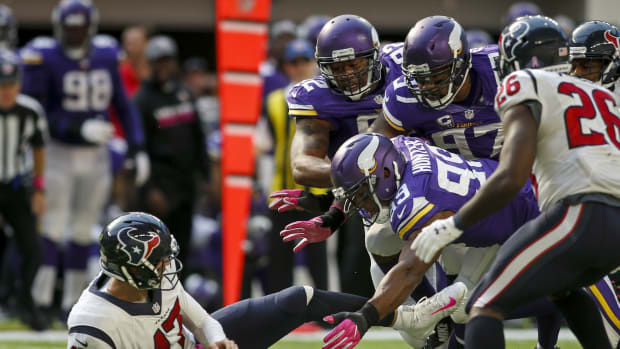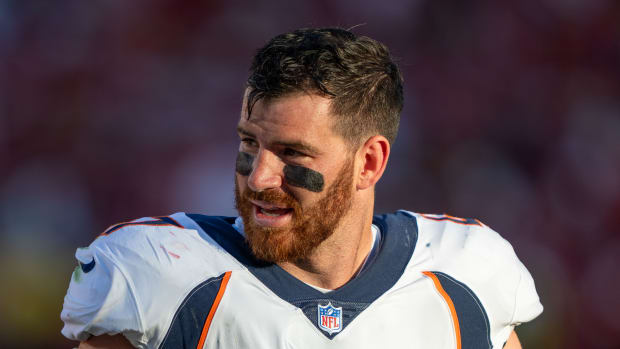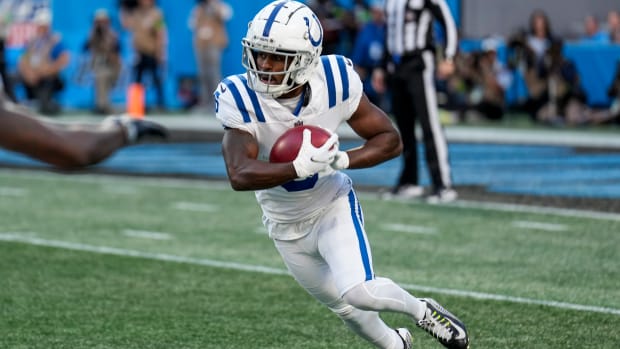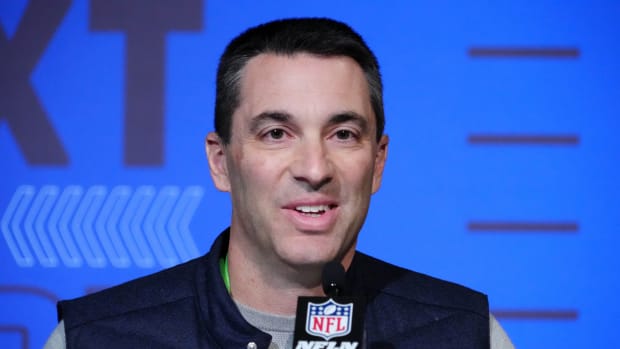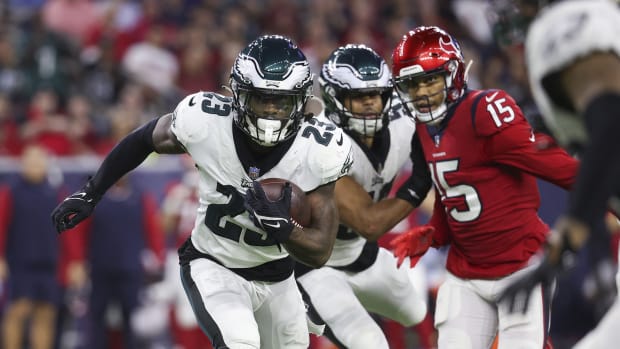Green Bay Packers Inc., Owners of Green Bay Packers
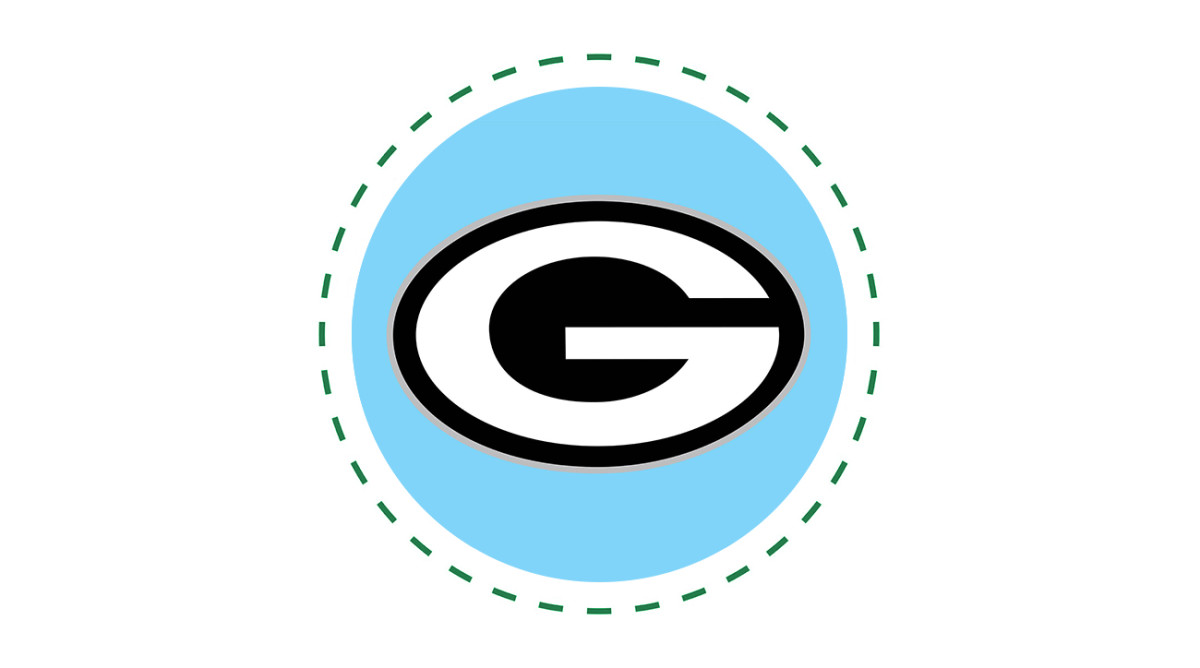
GREEN BAY PACKERS | GREEN BAY PACKERS, INC.
The Packers pride themselves on being the only publicly-owned, not-for-profit, major league professional team in the United States. Instead of having one owner or a handful of partners like every other NFL team, the Packers are owned by hundreds of thousands of fans. In 1923, four years after the team was founded, the fledgling Packers found themselves on the verge of bankruptcy, so they sold shares to the community to keep the lights on. The team has held four additional stock offerings since the original in ‘23, and according to the team’s website, there are currently 360,760 shareholders who own a total of 5,011,558 shares. More than 269,000 shares were sold in the most recent offering that began in December 2011.
This isn’t your average stock. There’s no profiting off shares. No lucky Green Bay fan will get rich off the team’s next Super Bowl win because the stock pays no dividends and isn’t tradeable or saleable. There’s hardly even a point to owning more than one share because the articles of incorporation prohibit any individual from becoming too powerful. No one can own more than 200,000 shares. The stock isn’t currently available, but the price of a single stock in the last offering ($250) bought shareholders a souvenir certificate to hang up on the wall, the chance to buy exclusive shareholders-only merchandise and an invite to the annual shareholders meeting at Lambeau Field during training camp.
Without the ability to profit or weigh in on any important team decisions, owning a share of the Packers is essentially buying a lifetime membership to a Packers fan club. Green Bay shareholder Alex Stevens says the fan club characterization is selling it short. “The benefit that we get is that our team is run by board members and their only real goal is to make money so the franchise survives and that happens by the team winning,” Stevens says. ”So we don’t have to worry about an owner falling in love with a player in the draft and overriding the general manager.”
Packers shareholders vote to elect Green Bay’s board of directors and a seven-member executive committee that represents the team at league meetings, but they have no real say in team decisions, football or otherwise.
“I definitely don’t feel like part of an owner,” says Green Bay native and shareholder Brett VandeWalle. “Let’s be real—there are other people that make the decisions, you don’t really make the decisions.”
Stevens, 31, doesn’t mind that his opinion as shareholder doesn’t carry any weight. He inherited his Packers stock from his dad and uncle, and he’s always known the stock has no real value. “My uncle was a financial advisor,” he says. “He was totally aware of what this is. It really is just a piece of paper.”
For Stevens, satisfaction of being a shareholder comes from the simple fact that he can be one. He wishes there was more public-ownership in the NFL, as common as it is among European football clubs like fan-owned FC Barcelona and Real Madrid.
Stevens points to the Cleveland Browns as an example of a team that missed an opportunity to rebuild fan support after the franchise split for Baltimore. “Could the community in Cleveland have re-formed the Browns without Jimmy Haslam?” he asks. “That would have been an even better story. It helps create an identity and a community rooting for a common goal with people you might not know. How great would it be if the community supports it instead of through tax subsidiaries?”

































